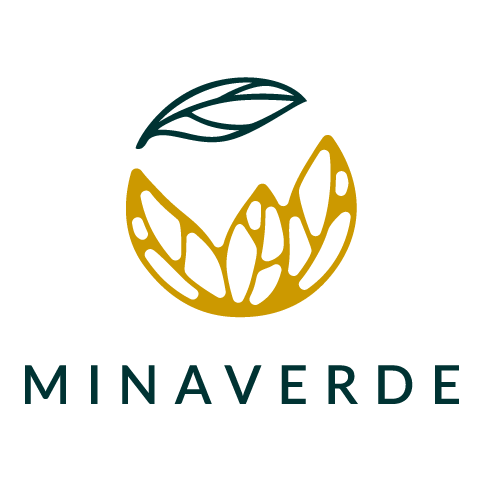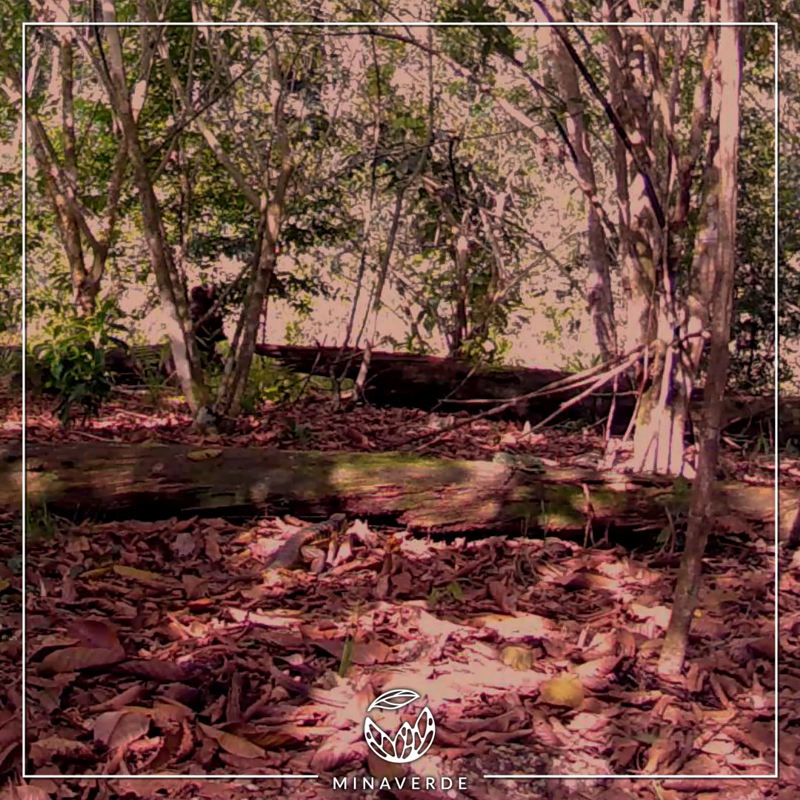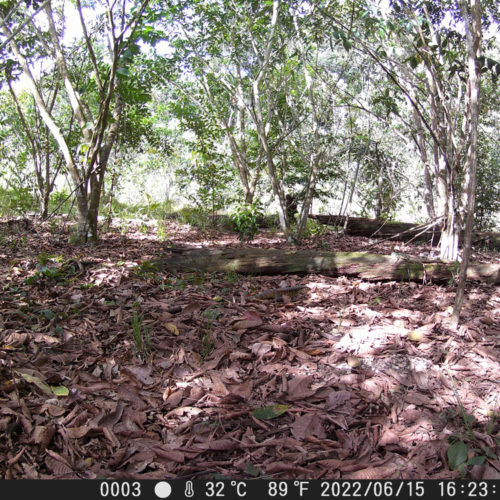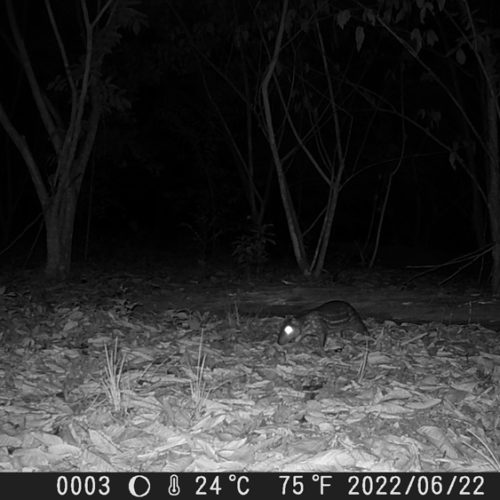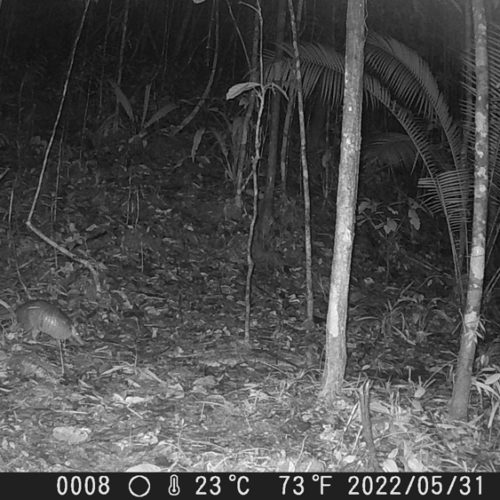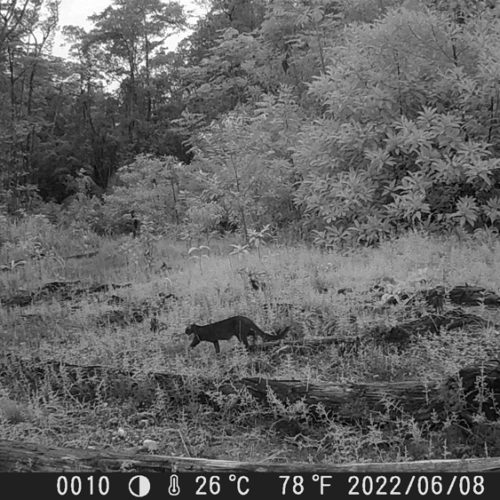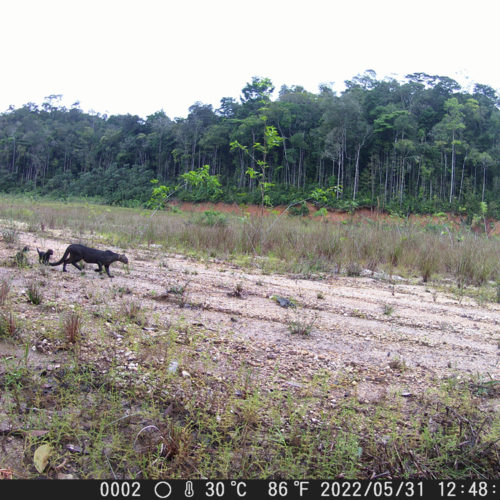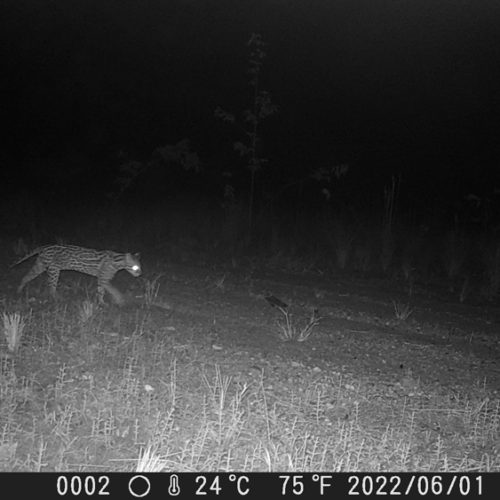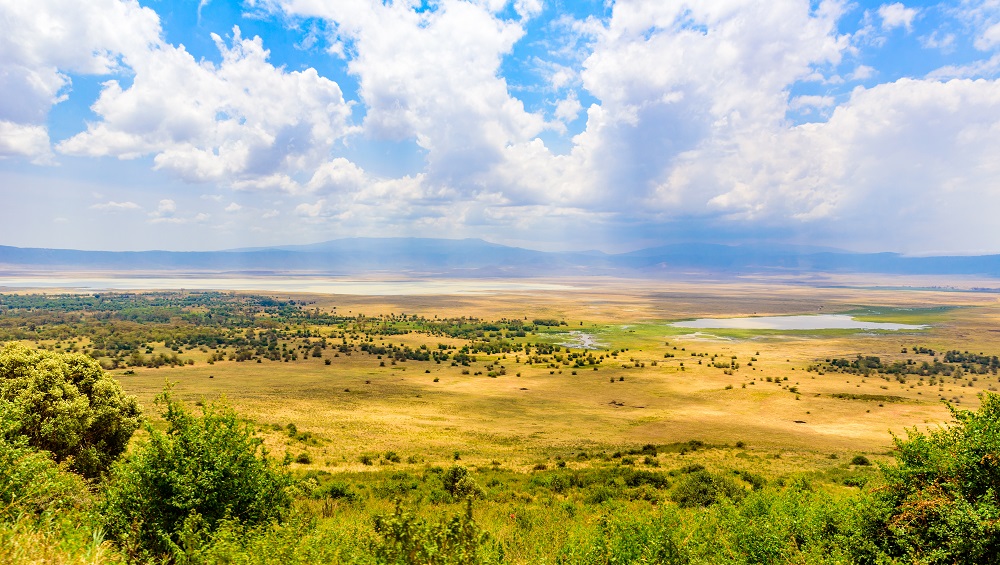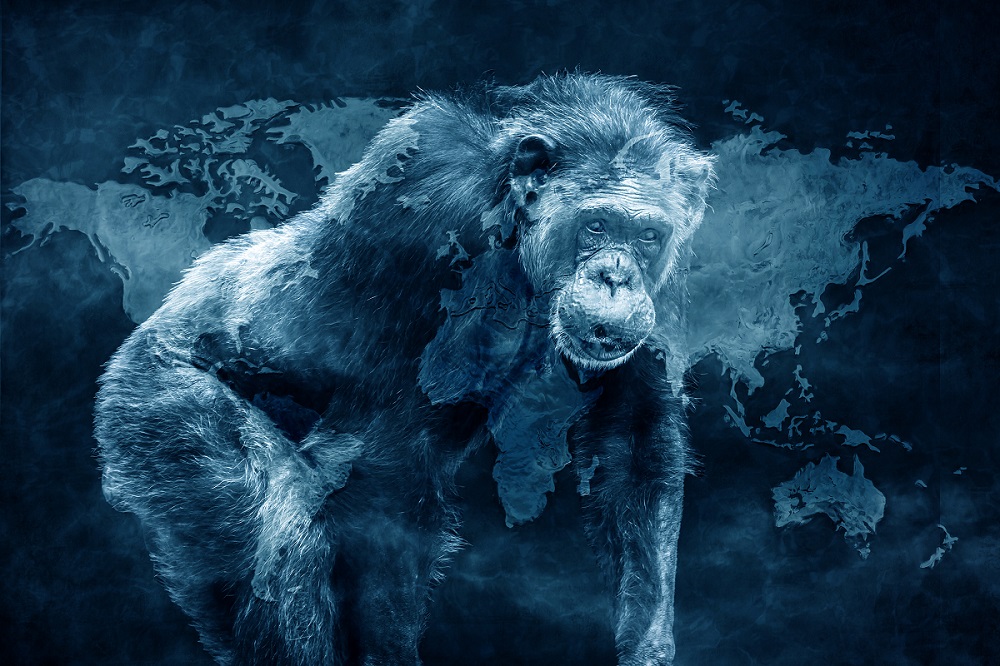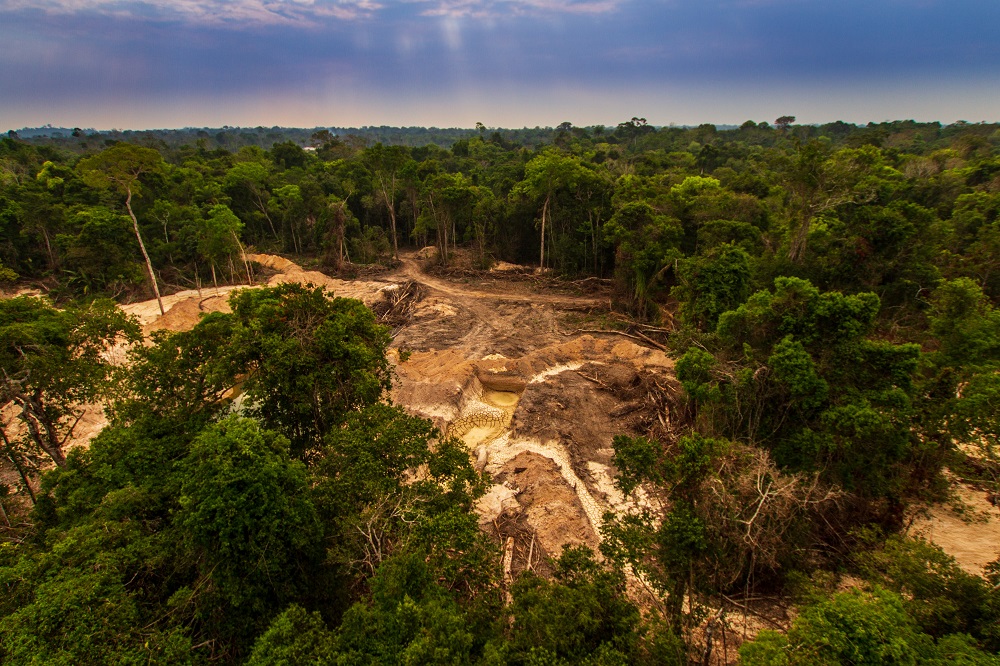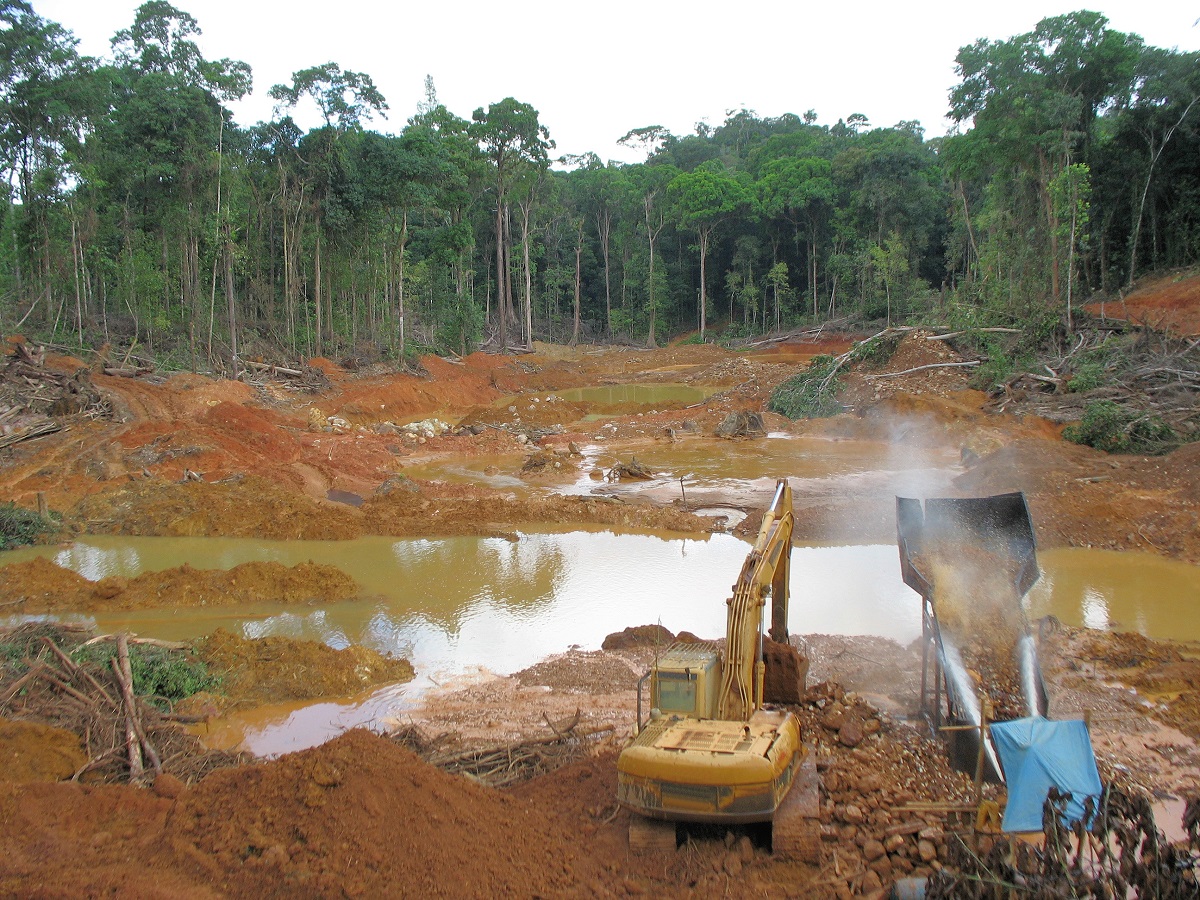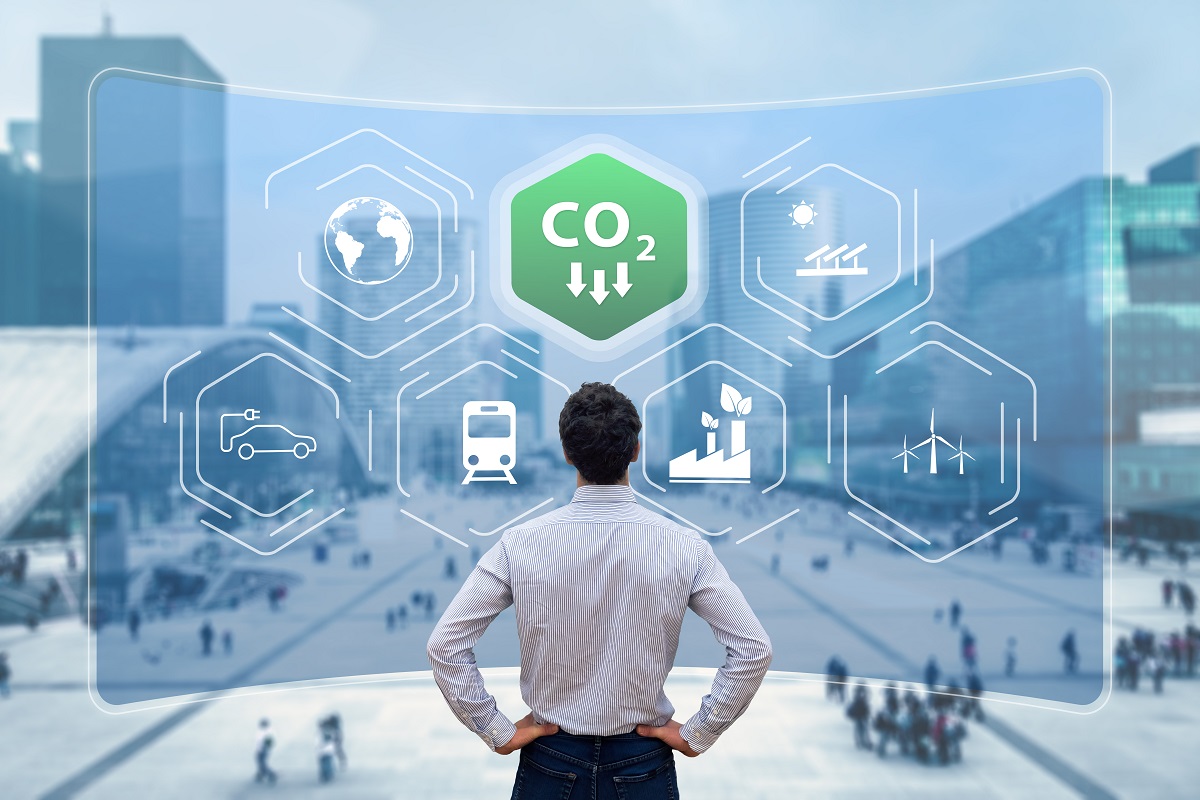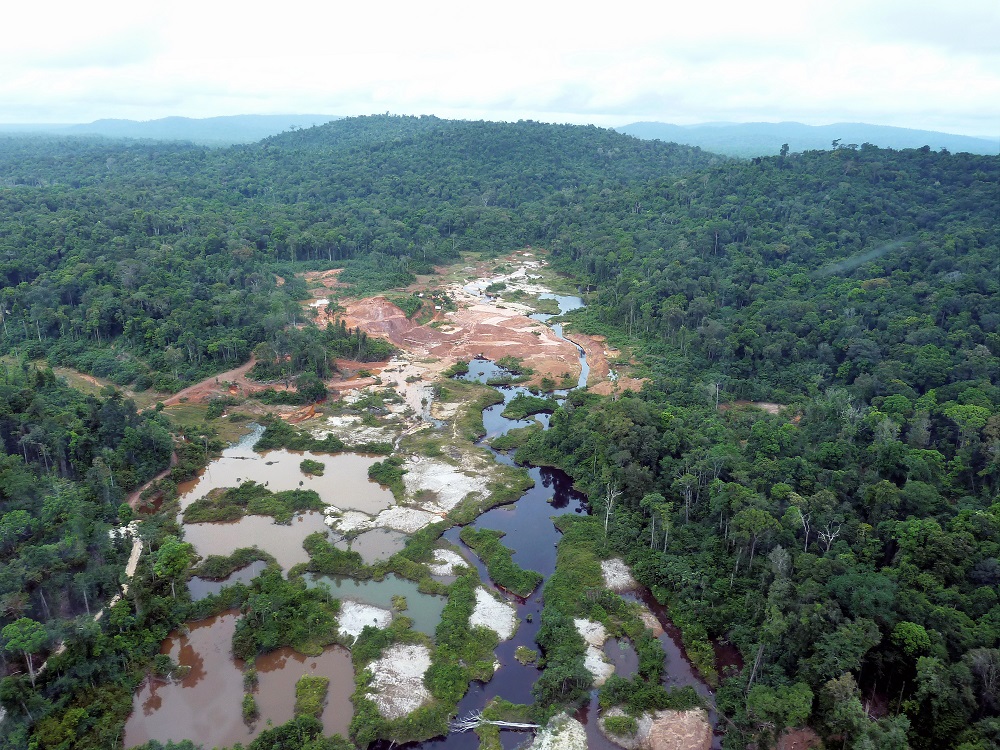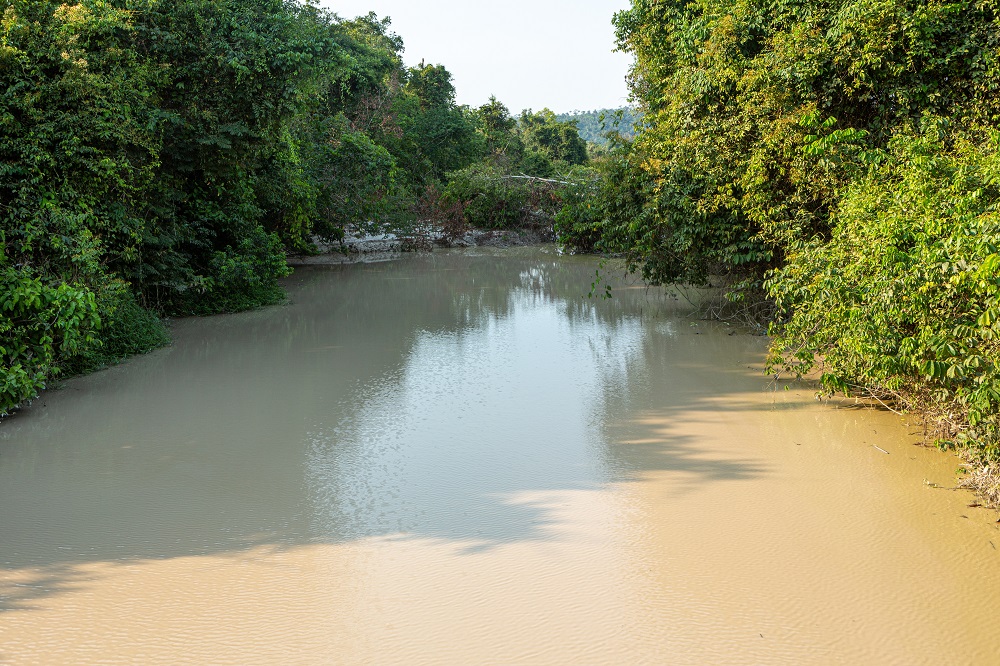For thousands of years gold has fascinated humankind. It was considered the sun god’s metal in ancient Egypt and in Latin America. It was used to make jewellery, to store value and formany years most currencies around the world were based on gold reserves. And yet gold is frequently sourced under the worst conditions. Conflict, slave labour, child labour, forced prostitution and the most severe forms of environmental degradation still go hand in hand with gold mining in many parts of the world. In the Amazonas region (in Brazil or in the Madre de Dios Province of Peru) for example, illegal logging goes hand in hand with the spilling of toxic mercury into the environment, with vast areas of virgin forest lost every year, negatively impacting fragile ecosystems and indigenous
populations alike.
Switzerland has a particularly strong relationship with gold: Not only is 50%–70% of the world’s gold refined in Switzerland, but Swiss banks also play a crucial role in marketing bullion. Switzerland is also a primary hub for upmarket jewellery and watchmaking. Despite their reliance on this precious metal, the awareness of watchmakers, jewellers and end consumers of the risks involved with the gold supply chain is, however, still very low. Many of the largest manufacturers of Swiss watches continue to turn a blind eye and refuse to even acknowledge the challenges.
This report addresses the problems head on and serves to raise awareness amongst producers and consumers alike.
https://www.wwf.ch/sites/default/files/doc-2021-11/2021-11-WWF-The-Impact-of-Gold.pdf

